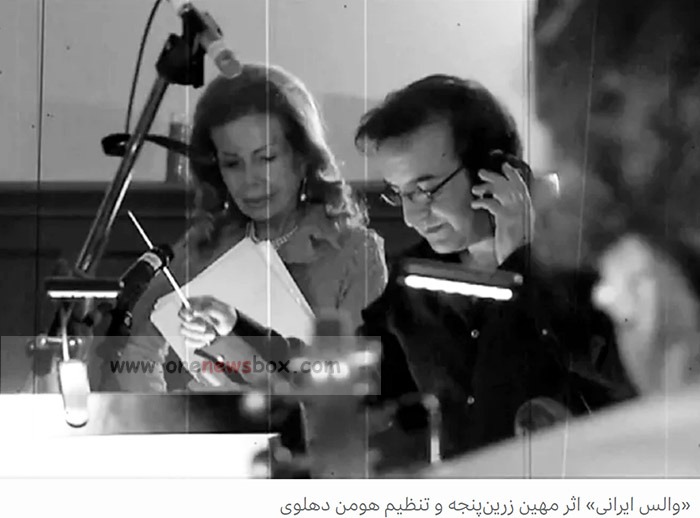Her contributions to the waltz form in Iranian music are also noteworthy. She once commented, “In Iran, maybe ten people have written waltzes without singers. When Iranian instruments are performed alongside Western instruments, it is a question and answer situation. Western instruments play, and Iranian instruments respond.” This dialogic approach to music captured Mahin’s philosophy: a musical synthesis that respects and elevates both traditions.
The story of Mahin Zarinpanjeh is emblematic of many Iranian artists whose careers were disrupted or dismantled by political upheaval. But more than that, it is a story of resilience, of an unrelenting commitment to art in the face of adversity. Even in the silence of her final days, when only a handful of mourners stood beside her grave, the echoes of her music continued to resonate.
What remains most heartbreaking about Mahin’s death is not merely the loneliness of her funeral, but what it symbolizes: a collective forgetting. The absence of officials and musicians who had benefited from her legacy is a stark reminder of how cultural institutions can fail their most vital contributors. And yet, perhaps there is a bittersweet justice in the fact that it was ordinary people—not bureaucrats or celebrities—who gathered at her grave to sing, remember, and honor her memory.

